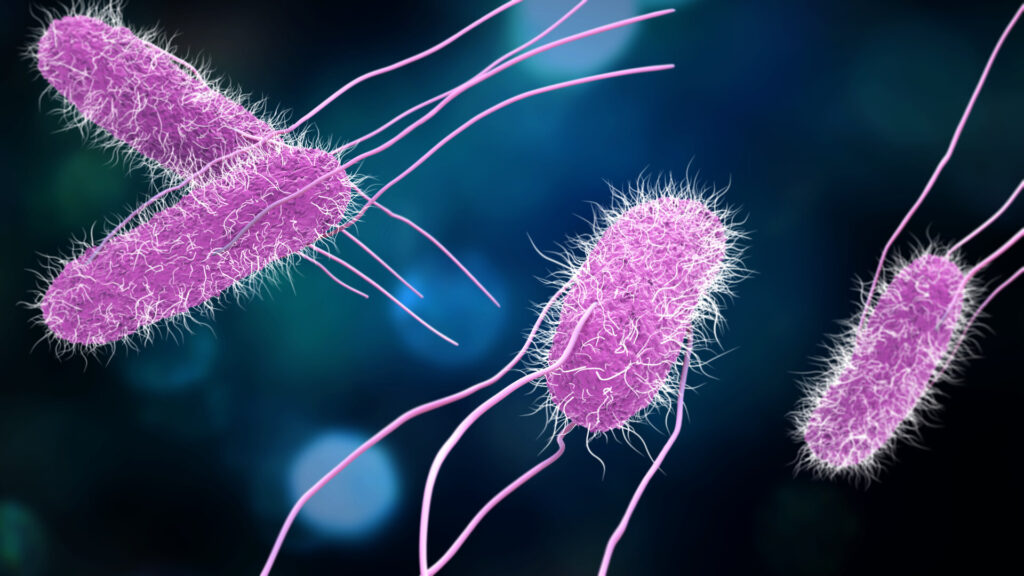Drug-resistant bacteria are one of the most pressing health crises of our time, with predictions that they could claim up to 2 million lives annually by 2050. As scientists search for innovative solutions, a new study has uncovered a surprising vulnerability in some strains—a weakness tied to magnesium.
Magnesium plays an essential role in bacterial survival. It stabilizes ribosomes, the cellular machinery responsible for protein production, and supports energy generation through ATP, the energy currency of all cells.
However, certain drug-resistant bacteria, such as Bacillus subtilis with mutated L22 ribosomes, face a trade-off. To defend themselves against antibiotics, these bacteria tightly bind to magnesium. This adaptation protects them but limits the magnesium available for energy production, severely impairing their growth and spread.
This physiological cost gives researchers a novel tool to combat bacteria strains that have proven resistant to antibiotics. By depriving environments of magnesium, resistant strains can be selectively suppressed while unmutated bacteria, which lack this limitation, thrive.
Unlike traditional antibiotic therapies, which can harm the beneficial bacteria in our microbiomes, this method only targets those drug-resistant strains of bacteria. It offers a potential way to control infections without the need for additional antibiotics or harmful chemicals.
The findings highlight an important principle: adaptations that confer resistance often come with trade-offs. In this case, the ability to resist antibiotics is balanced by a reduced capacity to cope with magnesium-limited conditions. Researchers believe that exploiting these trade-offs could be a game-changer in managing antibiotic-resistant bacteria.
While the study focuses on Bacillus subtilis, the researchers are optimistic about finding similar vulnerabilities in other drug-resistant bacteria. This approach could expand our arsenal against resistant infections and help delay the need for new antibiotic developments.
As antibiotic-resistant bacteria continue to threaten public health, solutions that exploit their inherent weaknesses offer hope for a more sustainable future. This innovative research, published in Science Advances, represents a promising step toward defeating one of the most significant challenges in modern medicine.


